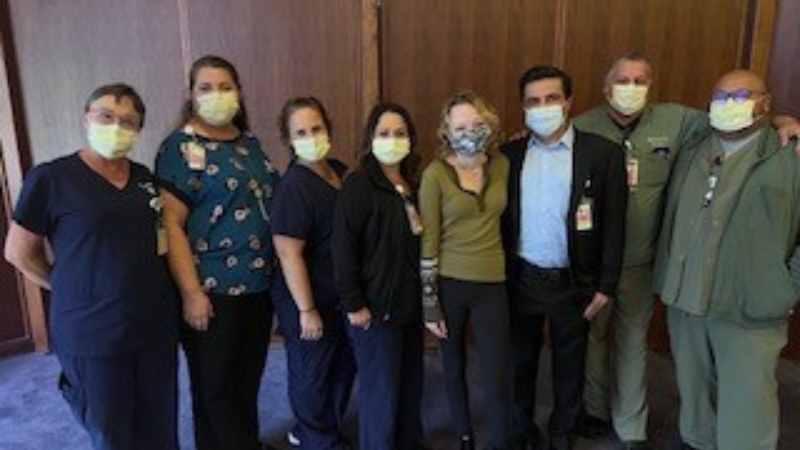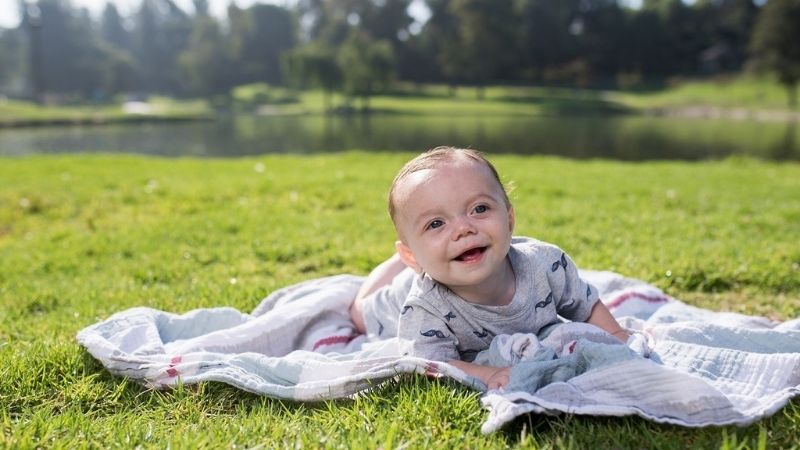What is Cystic Fibrosis?
Cystic fibrosis (CF) is a life-threatening genetic disease that affects multiple organs in the body with main early symptoms representing Lungs and Digestive system involvement. A defective gene and its protein product causes mucus in the body to thicken and become sticky. The thick, sticky mucus builds up in the body’s organs, especially the lungs and pancreas.
When build-up happens in the lungs, it makes it difficult for the child to breathe. Build-up in the pancreas prevents the releases of digestive enzymes that help the body break down food. This leads to problems with the child’s growth. There is no cure for CF, but medical advancements and research have extended the life expectancy for people with CF by decades.
What are the Causes?
A defect in the cystic fibrosis transmembrane conductance regulator (CFTR) gene causes cystic fibrosis (CF). This gene makes a protein that controls the movement of salt and water in and out of the body's cells. In people who have CF, the gene makes a protein that doesn't work well.
How is Cystic Fibrosis Diagnosed?
There are two ways to diagnose CF, through genetic analysis and a sweat test. A sweat test is done to rule out CF. It also may be used to test people with a family history of CF and for anyone with symptoms of CF.
Every baby born in California is tested for CF and many other genetic diseases during a newborn screening. If disease-causing genes are found, parents are referred to a CF center for further testing, including a sweat test. A thorough family history is taken at the first visit to the center, and an appropriate amount of education is offered to the new parents to reassure them that if their child is determined to have CF, they are in good hands.
People with CF have more salt in their sweat. The sweat test is typically done between 2 and 4 weeks of age for babies, who had a positive newborn screening, however some sweat tests may not be accurate for several months.
Symptoms of Cystic Fibrosis
Symptoms of cystic fibrosis may resemble other conditions, which is why it is always important to consult a specialist for diagnosis. However, each child may experience symptoms differently. Infants born with CF usually show symptoms within the first year. Some children, though, may not show symptoms until later in life.
Symptoms
- Salty sweat or skin
- Not wanting to eat, having little energy or unexplained weight loss
- Failure to thrive; inability to gain weight
- Unusual bowel movements (For example: diarrhea that does not go away, large, greasy stools, very smelly stools or constipation)
- Breathing problems, lung infections or getting tired easily while playing
- A cough that does not go away
- Wheezing
- A blocked small intestine at birth. This prevents the baby from passing his or her first stool
Additional Symptoms May Include:
- Coughing up mucus (sometimes with blood in it)
- Difficulty exercising or not being able to exercise
- Clubbing (rounding and flattening) of the fingers
- Rectal prolapse (when part of the rectum protrudes from the anus)
- Growths (polyps) in the nose or sinuses
- Infertility (men)
Centers & Programs
Miller Children’s & Women's Cystic Fibrosis Center is one of the largest in the region and provides comprehensive, multi-disciplinary care including evaluation, diagnosis and treatment for children from birth to age 21, with cystic fibrosis (CF). The Center offers diagnostic testing, such as sweat tests, genetic tests, throat cultures, sputum cultures, blood work and chest x-rays.



